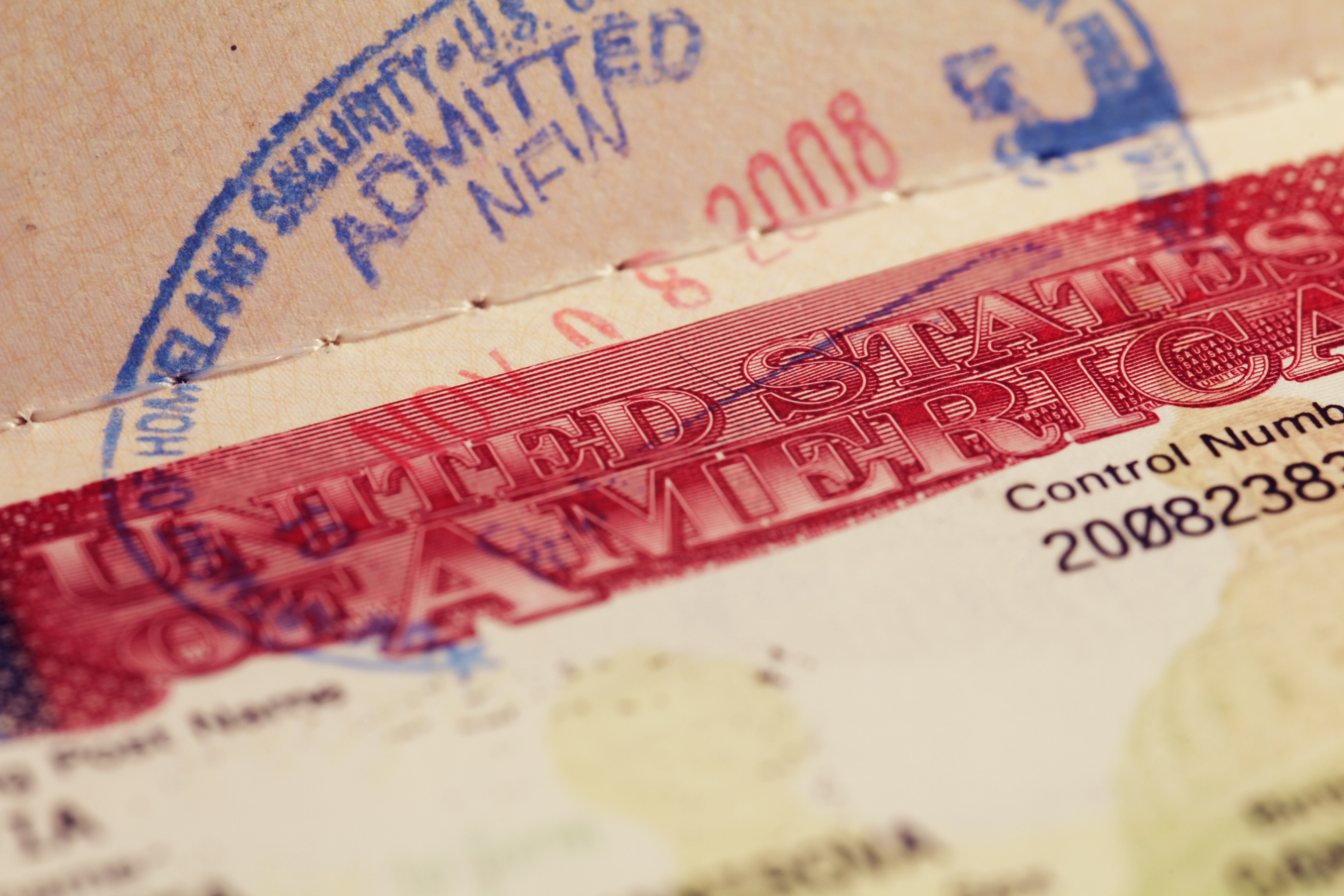
Florida district court sends federal agencies back to the drawing board.
A series of recent court cases challenging temporary work visa regulations have unraveled federal regulators’ efforts to balance labor and business interests.
Last spring, and again this past March, a federal district court in Florida found that the U.S. Department of Labor lacks authority under federal immigration law to regulate H-2B visas, which are provided primarily to non-agricultural, temporary, foreign workers. The court’s ruling voided regulations intended to protect the rights of domestic and foreign workers. The Labor Department is now partnering with the U.S. Department of Homeland Security (DHS), which enforces federal immigration law, to develop a regulatory framework for these visas on a tight deadline—a new rule is expected at the end of April.
The U.S. government issues H-2A and H-2B visas to foreign workers to come to the country to work on a temporary basis. A limited number of H-2B visas are available each year for workers in food service, construction, and a variety of other industries. The H-2A program does not have an annual cap, and it provides visas to agricultural and forestry workers. According to a U.S. Government Accountability Office report released last month, the vast majority of workers come from Mexico, but temporary workers also travel to the U.S. from as far away as South Africa and the Philippines.
Although Congress has vested the DHS with the authority to administer the H-2B program, the DHS has delegated authority to the Labor Department to create and administer the H-2B visa certification process, the first step for employers who wish to hire workers under the H-2B program. To obtain this certification, employers must demonstrate their need for temporary foreign labor by showing an inability to find willing, able, and qualified workers in the domestic labor market.
From the H-2B program’s institution in 1986 until 2008, the Labor Department administered this initial approval step for employers seeking H-2B workers, but it lacked a means to enforce the certification process requirements. In 2008, the Department sought to make the certification process more efficient and to protect the interests of domestic and foreign workers by promulgating a rule introducing formal obligations towards employees and penalties for employers who abused the program.
Four years later, the Department issued a new rule responding to the need for greater worker protection, as well as concerns about frequent program violations and insufficient awareness of program obligations.
The Centro De Los Derechos Del Migrante, Inc., a group that advocates for the rights of migrant workers, hailed the 2012 rule as a “win-win-win” for all parties. Under the rule, employers incurred additional obligations towards both foreign and domestic workers, including new minimum standards for contracts, travel reimbursement, and hours. The rule also established requirements designed to ensure that the domestic labor market was truly insufficient to fill the labor need before granting H-2B visas.
In 2013, employers of H-2B visa holders challenged the 2012 rule in federal court, arguing that the Labor Department lacked authority from Congress to issue the rule. The court agreed with the employers and invalidated the 2012 rule. Following this ruling, the Labor Department reverted back to the 2008 rule governing the initial H-2B approval step.
Last month, a federal court in Florida invalidated the 2008 regulation, finding that issuing the 2008 rule was also outside the Labor Department’s authority. The challenger was an American worker who alleged that the terms of the 2008 rule failed to protect his employment interests, citing higher wages being offered to H-2B workers and his unawareness of open positions being filled by foreign H-2B visa-holders. The court agreed that the U.S. worker would be “irreparably” injured by the Labor Department applying the 2008 rule. Thus, the court temporarily prohibited the Department from enforcing the regulation.
The day after the federal court’s ruling, the government briefly suspended the H-2B program. Two weeks later, the court granted the Labor Department’s request to resume its H-2B certification approval process until April 15th. The DHS again began evaluating H-2B visa petitions for which the Labor Department had given preliminary approval.
With both the 2012 and 2008 rules now unenforceable, the Homeland Security and Labor Departments must go back to the drawing board to ensure that employers obtain H-2B workers only if the domestic labor market cannot fill their needs.
To cure the problem, the two departments have agreed to issue jointly a new interim final rule. This is not the first time that they have attempted to issue a joint rulemaking governing the H-2B program, but presumably the government hopes this new rulemaking effort will have greater success in the courts.
The interim final rule is slated for release on April 30, 2015.



